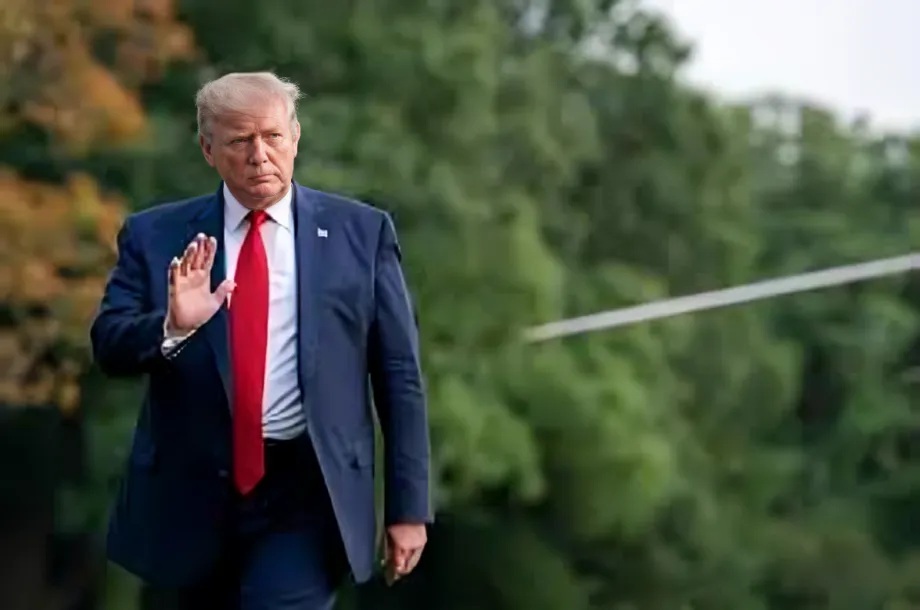
India uses tariffs to support its domestic industries and collect revenue. High taxes are especially common in areas like cars, food products, and electronics. Programs like "Make in India" encourage this strategy to promote self-reliance. However, this policy has drawn criticism from countries like the Unites States, which find it hard to compete in the Indian market due to these high costs.
For example, American companies selling goods in India often lose out because they are more expensive than locally-made products. On the other hand, Indian goods face very low taxes when exported to the U.S., which leads to complaints about the imbalance.
Trump's remarks highlight existing trade disputes between India and the U.S. America wants easier access to Indian markets for its goods, especially in agriculture, energy, and technology. Meanwhile, India wants to sell more products to the U.S. to reduce its trade gap.
If the U.S. raises its tariffs in response to India's policies, it could lead to a trade war. This might hurt businesses and consumers in both countries. For example, Indian exporters could lose customers in the U.S., while American companies might face higher costs selling in India.
Trump's push for equal trade could inspire other countries to do the same. This might lead to more protectionism, where nations raise taxes on imports to protect their own businesses. While this can help local industries in the short term, it often disrupts global trade and supply chains, hurting economies worldwide.
On the flip side, Trump's ideas could encourage countries to renegotiate trade deals to make them fairer. For India, this could mean revisiting its tariff policies to maintain strong trade partnerships with the U.S. and others.
Donald Trump's comments bring attention to the challenges in global trade today. While fair trade is a reasonable goal, achieving it without harming economies is tricky. India and the U.S. need to find a balance that benefits both countries through open communication and cooperation.
As the world becomes more connected, finding the right mix between supporting local industries and promoting free trade will remain a major challenge. Policymakers must carefully plan their actions to create a stable and fair global economy.
What do you think about the current trade relations between India and the U.S.? Should countries push for fairer trade policies, or would this hurt global economies? Share your thoughts in the comments below!

WONDERACE IT
Wonderace IT is dedicated to delivering informative and authentic articles across a range of topics, including science, education, finance, and technology. Our mission is to provide true information to our audience, empowering them with knowledge and insights. Whether you're a curious learner, a tech enthusiast, or someone interested in staying updated with the latest developments, Wonderace IT offers valuable content that helps you stay informed and educated. Join us on this journey of discovery and learning.

2024-12-17
add your comment